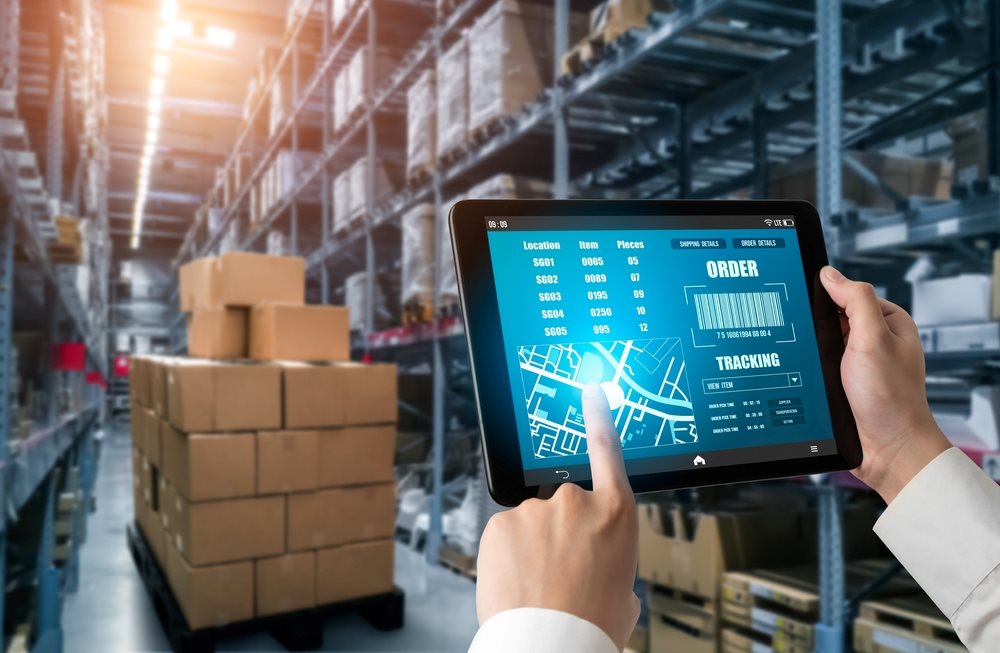The hospitality industry is experiencing a major digital shift, and Canada is at the forefront of this transformation. Hotels are no longer just places to stay—they are becoming tech-driven environments designed for personalization, convenience, and efficiency. The integration of smart technologies in hotels is redefining the guest experience, streamlining operations, and setting a new standard for hospitality worldwide.
As travelers’ expectations evolve, Canadian hotels are investing heavily in hospitality tech and innovation to stay competitive. From AI-powered concierge services to mobile check-ins and energy-efficient automation, the rise of hotel automation in Canada demonstrates how the industry is adapting to meet the needs of a tech-savvy generation of guests.
This article explores the key smart technologies revolutionizing Canada’s hotel industry, their benefits for both guests and hotel operators, and what the future holds for hotel innovation in Canada.
The Rise of Smart Technologies in Hospitality
Smart technology refers to digital solutions and interconnected devices that can be programmed, automated, and controlled remotely, often using artificial intelligence (AI) or the Internet of Things (IoT). In the hotel sector, these innovations are used to:
-
Improve guest comfort and convenience
-
Reduce operational costs
-
Enhance sustainability
-
Offer personalized experiences
-
Increase staff productivity
Modern travelers expect more than just a clean room and comfortable bed—they want seamless connectivity, instant service, and a personalized stay. The adoption of smart technologies in hotels allows hospitality brands to deliver all of this while remaining cost-effective and efficient.
Key Smart Technologies Shaping Canadian Hotels
1. Mobile Check-In and Digital Room Keys
One of the most popular advancements in hospitality tech is mobile check-in. Guests can skip the front desk by checking in via a smartphone app and accessing their rooms using a digital key. This not only saves time but also creates a contactless experience, which has become increasingly important since the pandemic.
For hotels, this technology reduces staffing pressures, improves guest satisfaction, and minimizes errors associated with manual check-ins.
2. Smart Room Controls
Hotels are using IoT devices to give guests full control of their rooms. With smart room systems, guests can adjust lighting, temperature, curtains, and even entertainment options through a smartphone or voice-activated assistant.
In addition to providing comfort, this feature supports sustainability initiatives by allowing hotels to optimize energy consumption when rooms are unoccupied.
3. AI-Powered Concierge Services
Artificial intelligence is enhancing customer service by providing guests with instant answers and recommendations. Chatbots and AI-powered virtual concierges can help with booking activities, providing local information, or troubleshooting issues. This automation frees up staff to focus on more complex guest needs, improving efficiency without sacrificing personalization.
4. Hotel Automation Systems
Hotel automation Canada is becoming a standard practice, especially in luxury and business hotels. Automated systems manage tasks like inventory, housekeeping schedules, and maintenance requests, allowing hotels to operate more efficiently.
For example, automation tools can alert staff when a room is vacant and ready for cleaning, reducing turnaround times and ensuring higher guest satisfaction.
5. Energy Management Systems (EMS)
Smart energy solutions help hotels track and manage power usage. By integrating EMS into hotel operations, properties can reduce utility costs and achieve sustainability goals, which is increasingly important for eco-conscious travelers.
Hotels using EMS can automatically adjust heating and cooling in unoccupied rooms or dim lighting during low-traffic hours, lowering operational costs while maintaining comfort.
6. Contactless Payment Solutions
The hospitality industry is embracing cashless, contactless payment technology, making transactions faster and safer. Guests can now pay using smartphones, wearable devices, or digital wallets, enhancing convenience and minimizing touchpoints.
7. In-Room Entertainment and Smart TVs
Streaming services, voice-activated controls, and personalized content recommendations are replacing traditional cable TV in hotel rooms. Smart TVs and connected devices make it easy for guests to log into their accounts, creating a home-like experience.
8. Robotics in Hospitality
Some hotels in Canada are experimenting with robotics to deliver room service, assist with luggage handling, and enhance cleaning protocols. Robots offer efficiency and novelty, making the guest experience memorable while reducing labor challenges.
Benefits of Smart Technologies for Hotels
The adoption of smart technologies in hotels is not just about guest convenience; it’s also transforming hotel operations.
1. Improved Guest Experience
From mobile check-ins to smart room customization, guests enjoy a seamless, personalized stay that matches their expectations.
2. Operational Efficiency
Automation streamlines housekeeping, maintenance, and administrative work, reducing manual labor and costs.
3. Cost Savings
Energy management systems and predictive maintenance tools lower utility bills and reduce waste, improving profitability.
4. Increased Security
Digital keys and surveillance systems integrated with hotel software provide enhanced security for both guests and staff.
5. Sustainability
Smart lighting, HVAC controls, and energy management systems help hotels meet green standards and appeal to eco-conscious travelers.
Hotel Innovation in Canada: Leading the Way
Canada has become a leader in adopting hotel innovation due to its tech-friendly ecosystem and competitive hospitality market. Canadian hotel chains and boutique properties are investing heavily in automation and IoT-based systems to attract a growing population of tech-savvy tourists.
With global travelers increasingly seeking personalized and contactless experiences, Canada’s focus on hospitality tech is setting a benchmark for other countries. From Toronto to Vancouver, hotels are prioritizing technology to remain competitive and meet the evolving demands of business and leisure travelers.
The Role of Hotel Automation in Canada
Automation is redefining the Canadian hospitality sector. Hotels are using automation software to streamline internal operations, manage guest data, and even predict future demand trends. For example, hotels can use analytics to predict busy periods and adjust staffing levels accordingly. Automated housekeeping notifications reduce delays, while integrated systems ensure smooth coordination between departments.
This level of hotel automation in Canada not only improves efficiency but also enhances guest satisfaction by ensuring services are delivered faster and more consistently.
Future Trends in Smart Hospitality Tech
The future of hotels in Canada will be deeply rooted in innovation. Here’s what to expect:
-
AI and Predictive Analytics: Hotels will use AI to anticipate guest needs, offering hyper-personalized services.
-
Voice Technology: Smart speakers and voice-controlled assistants will become standard in rooms.
-
Blockchain Payments: Secure blockchain systems will revolutionize transactions and loyalty programs.
-
Augmented Reality (AR): Guests may use AR to preview hotel amenities or explore local attractions virtually.
-
Fully Contactless Stays: The entire hotel experience—from booking to check-out—will be contactless, offering maximum convenience.
Challenges of Adopting Smart Technology
While the benefits are clear, implementing smart solutions comes with challenges:
-
High Initial Costs: Upgrading infrastructure requires significant investment.
-
Staff Training: Employees must be trained to use and manage new systems effectively.
-
Cybersecurity Risks: Hotels must prioritize security to protect guest data.
-
Integration Issues: Legacy systems may not easily integrate with modern tech solutions.
Despite these challenges, the return on investment makes smart technology a worthwhile upgrade for hotels in Canada.
Conclusion
The Canadian hotel industry is entering a new era where innovation and guest experience go hand in hand. From hotel automation in Canada to AI-powered concierge services, the integration of smart technologies in hotels is reshaping every aspect of hospitality.
Hotels that embrace hospitality tech are not only staying competitive but also leading the way in sustainability, personalization, and operational excellence. As travelers become more tech-savvy, investing in these innovations will be critical for hotels seeking long-term success in 2025 and beyond.
FAQ’s
Q1. What smart technologies are used in hotels?
A: Hotels use IoT devices, mobile check-ins, smart room controls, AI-powered concierge services, robotics, and energy management systems to provide convenience, improve efficiency, and create a personalized guest experience.
Q2. How do hotels in Canada use smart tech?
A: Canadian hotels use automation for check-ins, housekeeping, and energy savings. They integrate AI, IoT, and mobile apps to deliver contactless, customized, and sustainable services for guests.





